COMPANY FORMATION
1. Who can become a director of a Private Limited Company/ Sdn Bhd?
-
A person must be of age 18 years and above.
-
A person must not be an Undischarged Bankrupt
-
A person must not been convicted whether within or without Malaysia of any offence:-
(b) involving fraud or dishonesty punishable on conviction with imprisonment for three months
or more; or
(c) under section 132, 132A or under section 303, within a period of five years preceding the
date of this declaration.·
-
A person must not been imprisoned for any offence referred to the above offences within the period of five years preceding his appointment.
-
At lease two directors who each has his principal or only place of residence within Malaysia
-
YES! A foreigner can become a director of any private limited company as long as he/she fulfill the requirement sets in No. 1 above
3. Who can become a company secretary of a Private Limited Company/ Sdn Bhd?
-
A member of MIA (Malaysia Institute of Accountants)
-
License Secretary of SSM (Suruhanjaya Syarikat Malaysia) ie. Registrar of Companies
-
Member of MAICSA (Malaysian Institute of Chartered Secretaries and Administrators)
-
Lawyer in Malaysia
-
Is he/she is a qualified to act as Company Secretary? (Appointing a person who is not a qualified Company secretary may lead you toward endless troubles in the future. Qualified Company secretary must be a Chartered Accountant -MIA, Chartered Secretary, lawyer or License Secretary holder)
-
Did he/she have an office or merely operate from home?
-
Did he/she offer on time and good services? (Some firms takes weeks to prepare a resolution)
-
Pricing, Secretary fee per month, unreasonable disbursements charges, advance secretary fee payment for new incorporation etc.
-
Did he/she provide long term support and advice on company secretarial matters?
-
Did he/she capable of providing sufficient information and advice on corporate matters?
-
Check to the relevant website.
-
Check with the relevant authority.
6. There are two simple steps to form a Sdn Bhd in Malaysia:
-
Name Search (doesn’t required signature from directors/ shareholder.) Will get the result in 1 working day
-
Submission of documents ( Required signature of all the directors and shareholders) will be ready in 3 working days
- I/C or Passport Number
- Full name as per I/C or passport
- Residential address in Malaysia
- Propose company name
- Nature of the business of the company
Effect of Incorporation
Once an association becomes incorporated, it acquires a new legal status – it becomes a legal entity in its own right, separate from the individual members. In general, it has the following characteristics:
- the association becomes a body corporate with perpetual succession (that is, it may exist forever in its own right, even as the members of the association change);
- the name of the association is the name stated on the certificate of incorporation and must end with the word 'Incorporated' or 'Inc'. For example, Harmony Community Development Association Inc;
- members or officers of the association are generally not liable to contribute towards the payment of debts or liabilities of the association;
- all rights and liabilities that were held by members or officers in their personal capacity in relation to the running of the activity now become the rights and liabilities of, and against, the incorporated association. (This, however, does not relieve any person from liabilities incurred by or on behalf of the association prior to incorporation); and
- the association may sue or be sued in its own corporate name.
Principles of Corporate Personality
Corporate personality is the fact stated by the law that a company is recognized as a legal entity distinct from its members. A company with such personality is an independent legal existence separate from its shareholders, directors, officers and creators. This is famously known as the veil of incorporation.
As a result of corporate personality, a company has perpetual succession. It simply means the company is everlasting and will continue to do business until it is properly wound up. As a separate legal person, a company will not be affected by changes such as death, transfer of shares or resignation of any members but will continue to exist despite the number of times the changes of membership occur. Even if all the members die, it will not influence the privileges, immunities, estates and possessions of a company.
2. Private & Public Status
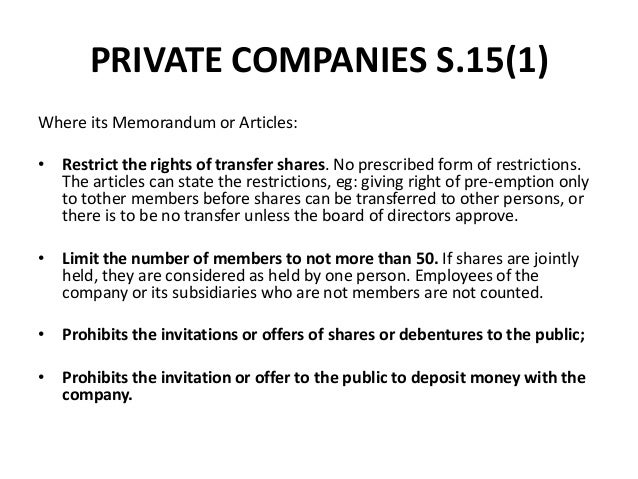
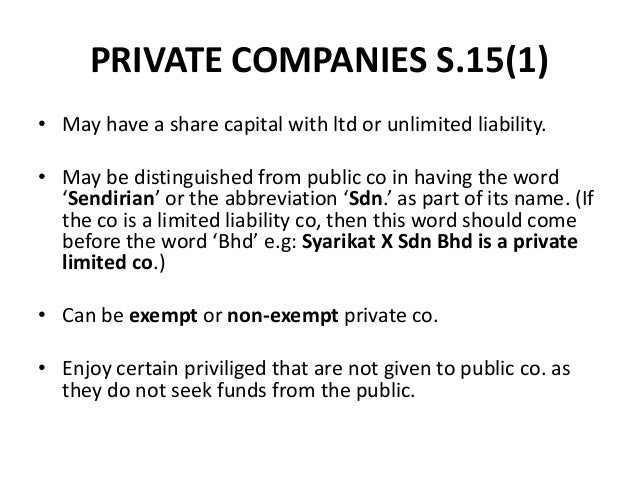

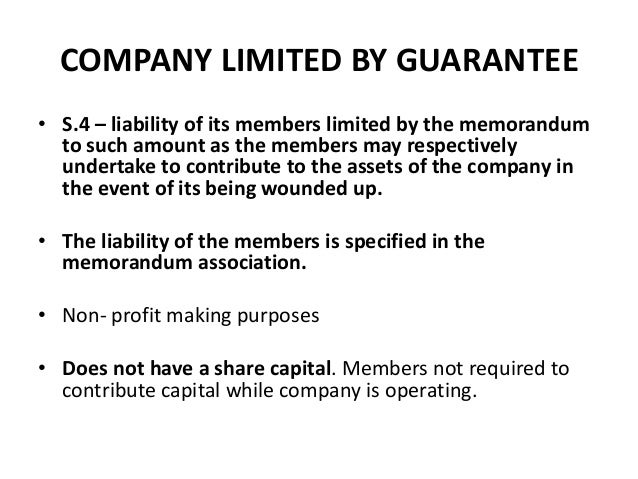
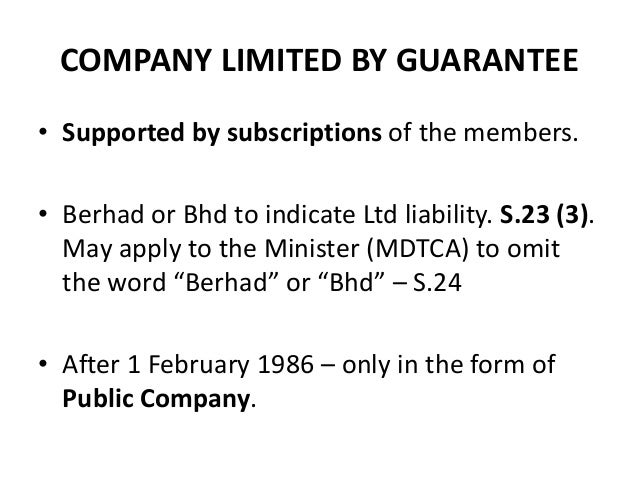
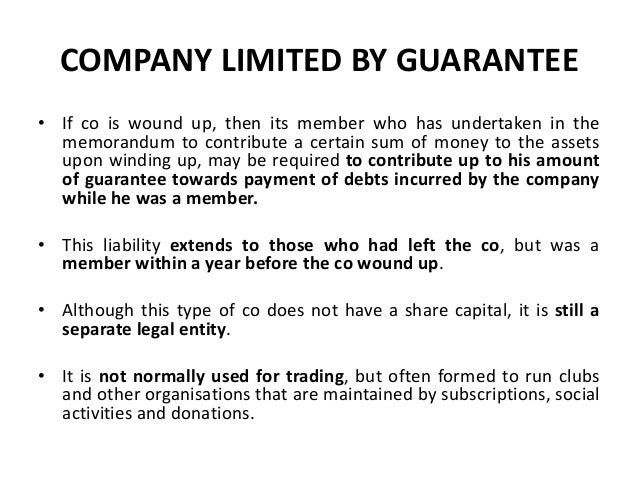
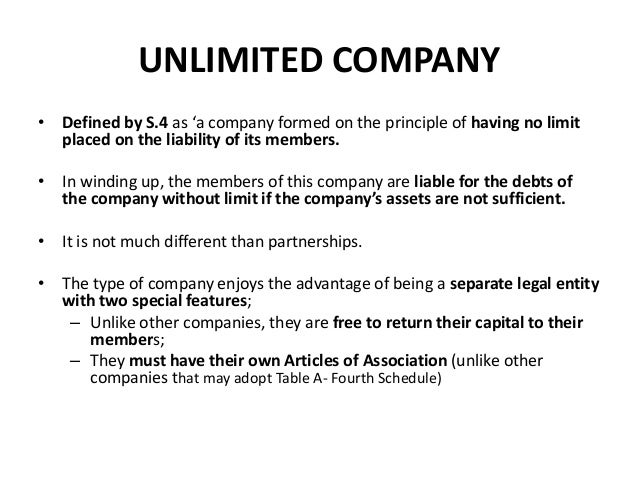
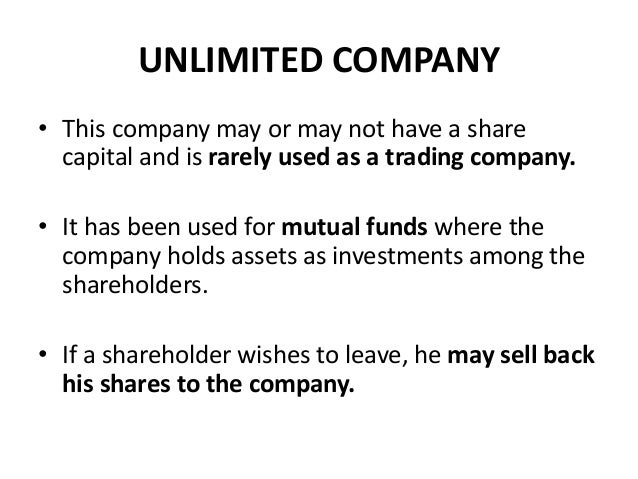

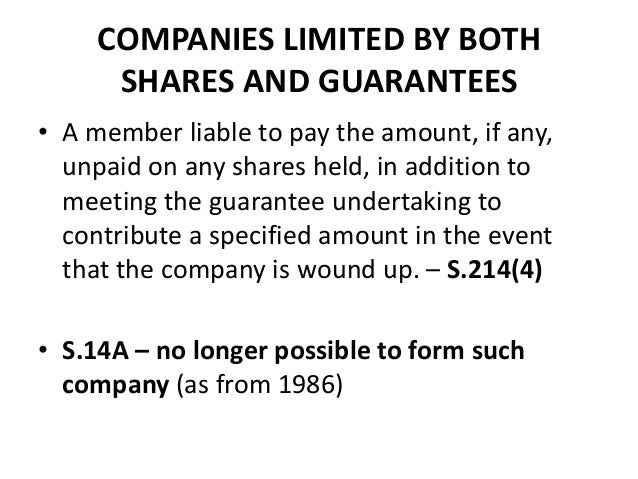
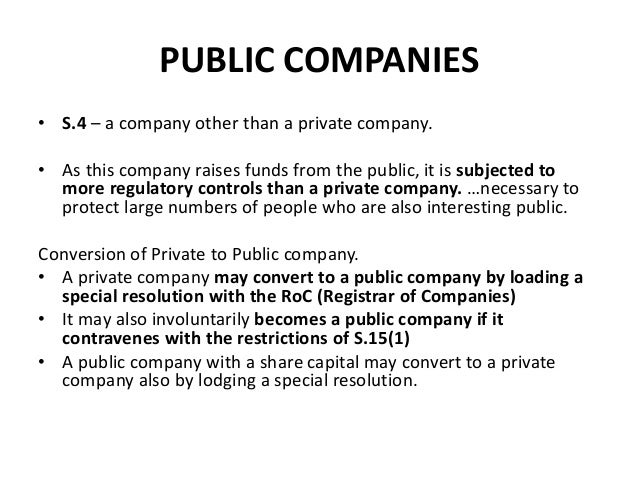
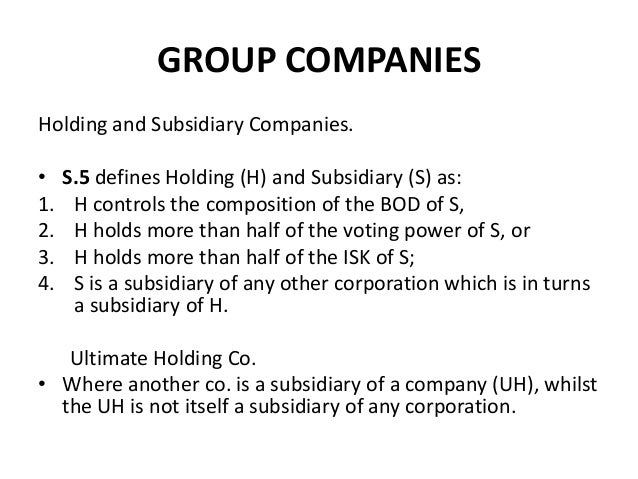
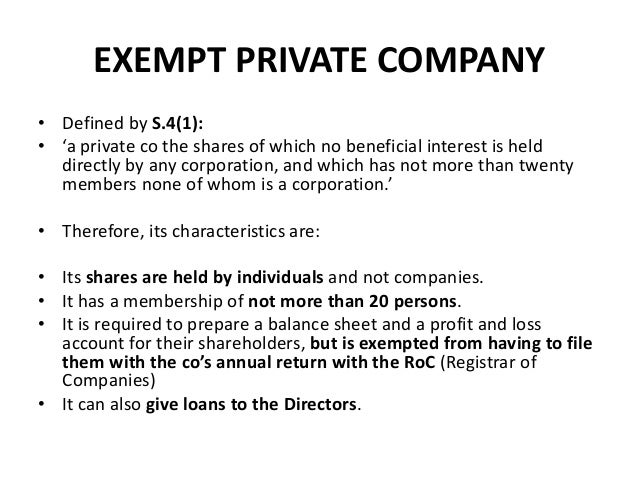

Gold Tree Consultancy is a leading company for providing company incorporation services in Singapore, Malaysia or Hong Kong. We also provide company Incorporation services in Singapore, Malaysia or Hong Kong.Incorporation in singapore
ReplyDeleteGreat insights on company formation! Establishing a company is more than just a legal process; it’s the foundation of future business success. One prime example is Singapore company formation, which has become highly popular thanks to its business-friendly policies, efficient registration process, and strong legal infrastructure. I especially appreciate how this blog emphasises strategic planning before registration. Partnering with experts not only streamlines the process but also ensures compliance from day one. Looking forward to more content on scaling and sustaining newly formed businesses!
ReplyDelete